France is a country with an extraordinary history – a history that has been driven by extraordinary people. Through the defence of the land and the establishment of the empire, France has also become famous for its culture created by its artists, authors and philosophers.
Coming across French names is a common occurrence when studying any aspect of history, but who are these people? And what role did they play in the building of France?
Here's a list of the most important French figures that we'll explore in more detail throughout this article:
| Name | Lifespan | Contribution |
|---|---|---|
| Joan of Arc | 1412–1431 | Led French forces during the Hundred Years' War; canonized as a saint. |
| King Louis XIV | 1638–1715 | Known as the 'Sun King'; expanded absolute monarchy in France. |
| Voltaire | 1694–1778 | Enlightenment writer and philosopher; advocated for civil liberties. |
| Marie Antoinette | 1755–1793 | Queen consort during the French Revolution; known for extravagance. |
| Napoleon Bonaparte | 1769–1821 | Military leader who became Emperor; implemented the Napoleonic Code. |
| Victor Hugo | 1802–1885 | Renowned writer; authored 'Les Misérables' and 'The Hunchback of Notre-Dame'. |
| Louis Pasteur | 1822–1895 | Microbiologist and chemist; developed pasteurization and vaccines. |
| Claude Monet | 1840–1926 | Founder of French Impressionist painting; known for 'Impression, Sunrise'. |
| Marie Curie | 1867–1934 | Physicist and chemist; researched radioactivity; first woman to win a Nobel Prize. |
| Charles de Gaulle | 1890–1970 | Leader of Free France during WWII; later founded the French Fifth Republic. |

1. Joan of Arc (1412-1431)
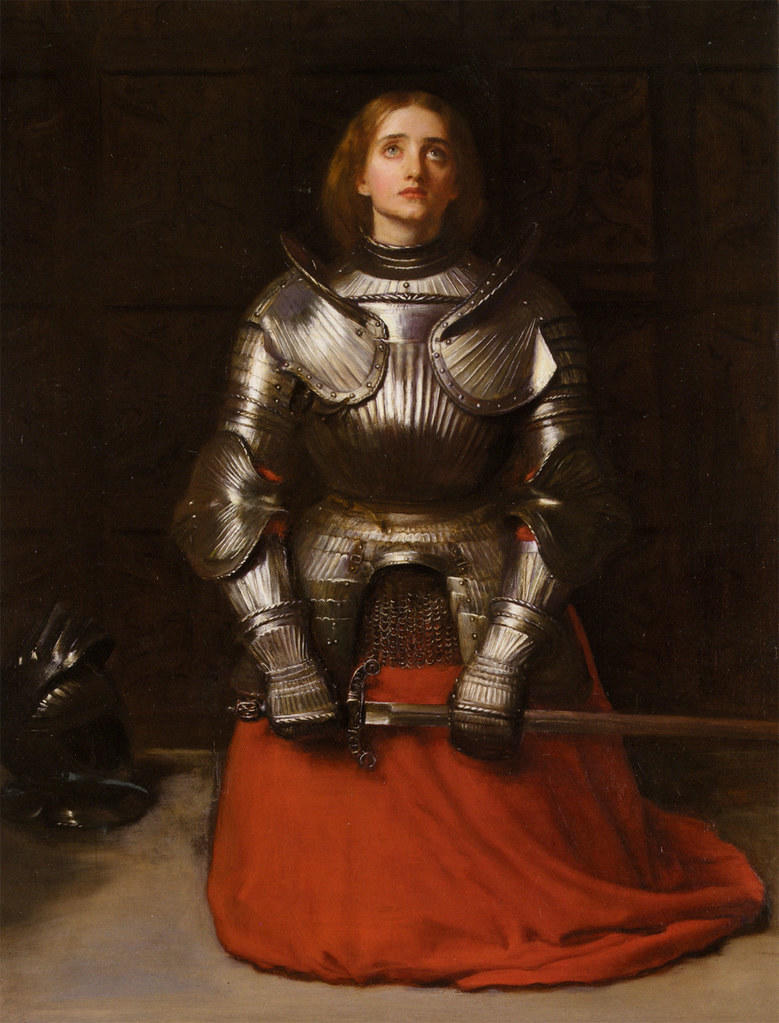
Joan of Arc is most famous for her contribution to the end of the Hundred Years War when she secured a French victory over the English by reclaiming original French land.
Joan of Arc’s actions in the run-up to this triumph was down to her religious devotion which led her to have holy visions in which she was encouraged to take action by St Michael and St Catherine as she was to be, they said, her country’s saviour.
After she had sought an audience with the French heir, Charles, upon the instruction of the saints, Joan led several battles alongside the Dauphin which resulted in France regaining control of its land.
In 1429, Charles was crowned the King of France and became Charles VII. Although the French had taken back their own throne, there was still conflict with the English, and Joan was sold to them as a hostage by the Burgundians. She was later charged with counts of witchcraft and heresy and burnt at the stake.
2. King Louis XIV (1638-1715)
King Louis XIV of France, also referred to as the Sun King, was crowned King of France at the age of just 4 years old following the death of his father.
Cardinal Mazarin, Louis’ chief minister had assisted in the running of the country while Louis was still a child, but after his death in 1661, Louis decided to rule alone as an absolute monarch, believing himself to be ruling directly on God’s behalf.
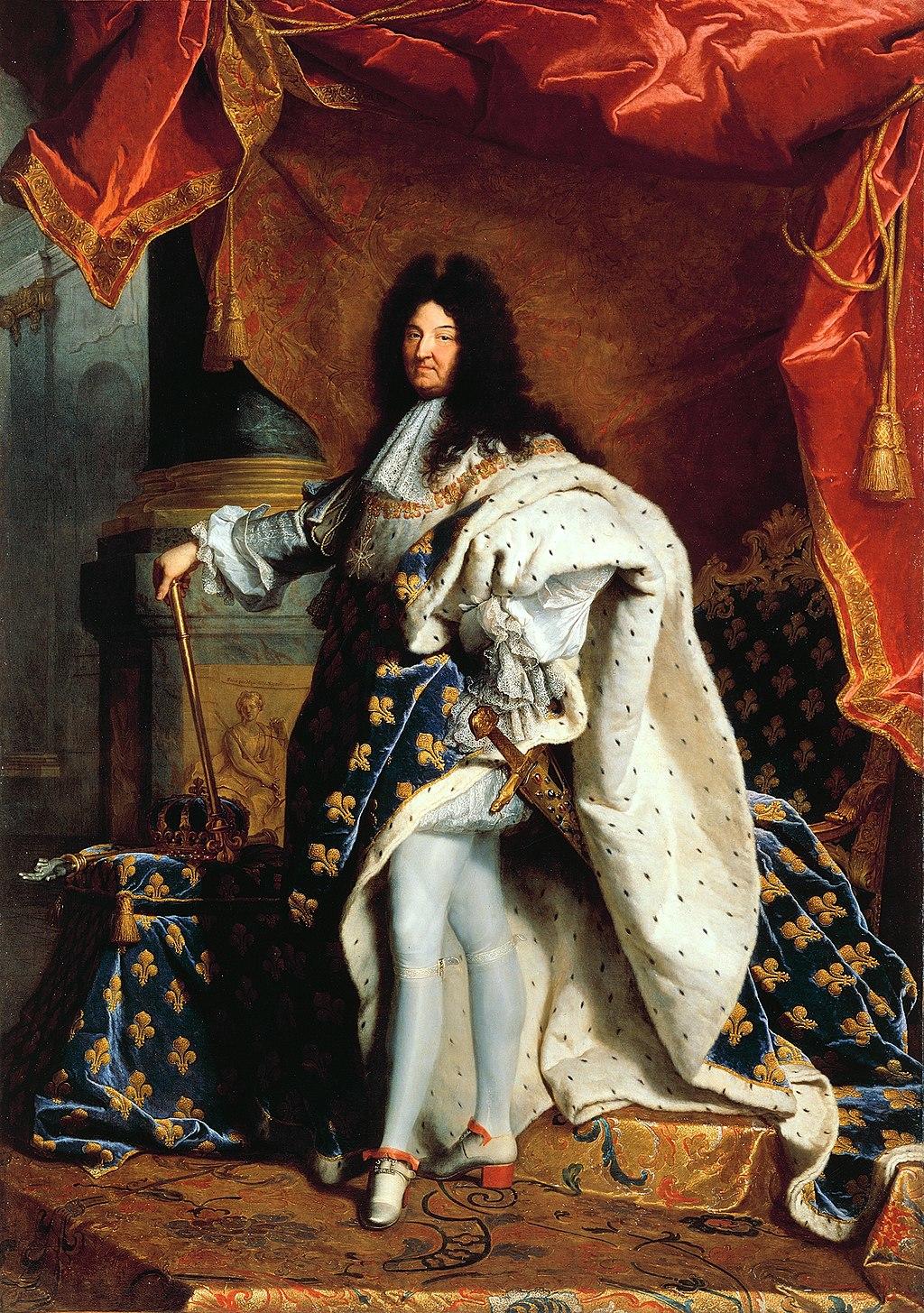
Note: You can start taking French lessons online today.
3. Voltaire (1694-1778)
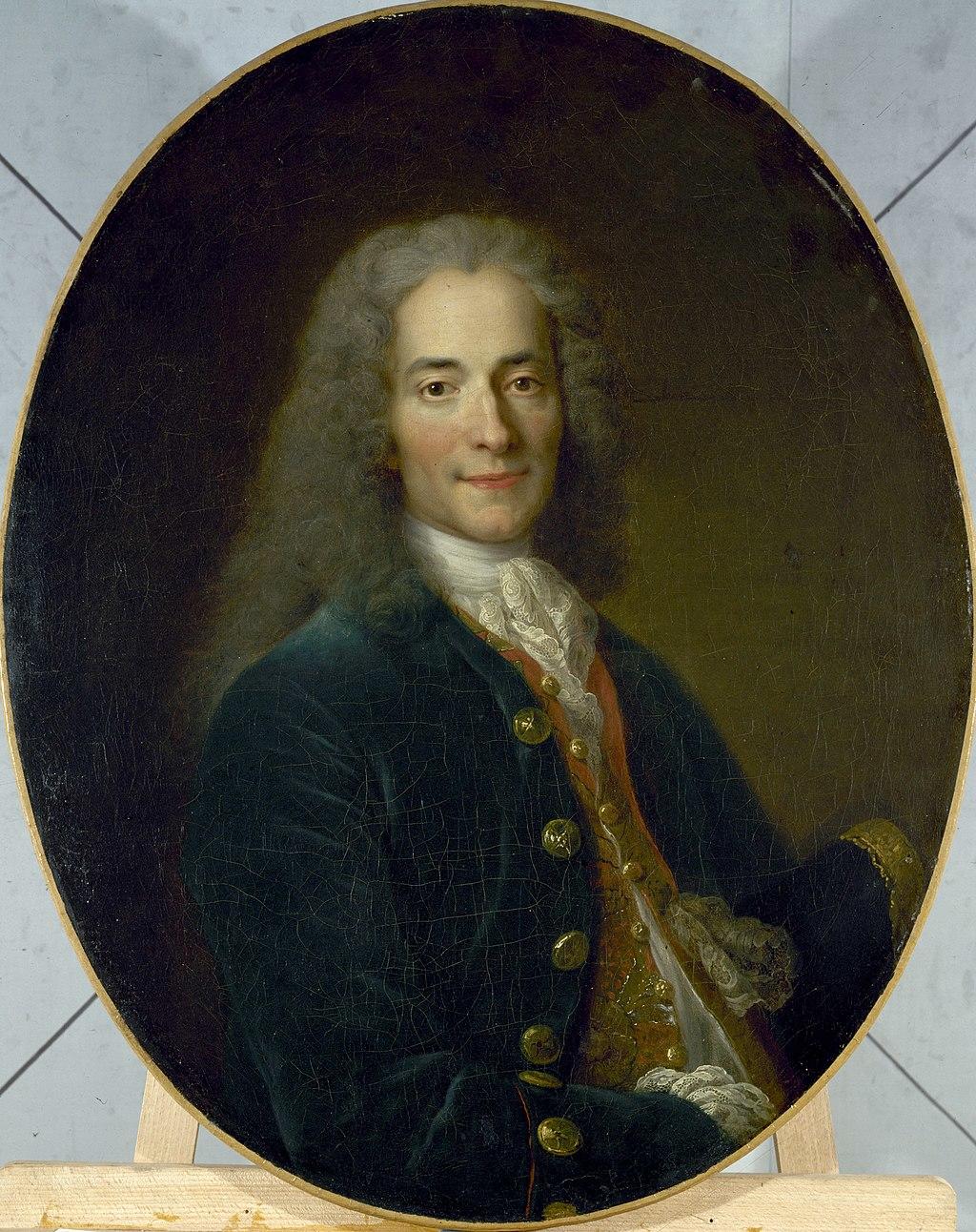
Voltaire was an 18th-century French writer whose works are representative of the philosophic and cultural movement of the Enlightenment which took place in Europe in the 1700’s.
Voltaire is known for his criticism of Christianity throughout his satirical works as well as his support for the separation of church and state.
Throughout his life, Voltaire wrote all manner of literary works, the most notable being Candide (1759), which criticises the unfounded optimism present in religion and the problems around the idea of finding true happiness.
During his life, Voltaire spent life in prison for his attacks on religion and the government in La Henriade (1723). He also exiled himself to England and the town of Ferney (on the French-Swiss border which is now known as Ferney-Voltaire) to flee more jail time for his writings.
Follow the link to read about France's complicated relationship with the UK!
4. Marie Antoinette (1755-1793)
Marie Antoinette was born as an Austrian Archduchess in 1755. At age 14, she married the heir to the French throne, Louis-Auguste, who would become King Louis XVI and the last king of France, and Marie Antoinette would be the last queen.
At the beginning of her reign as queen of France, Marie Antoinette was highly regarded by citizens of France, however, when she gained a reputation as a symbol of the monarchy’s lavish spending, opinion of her and of the centuries-old institution of the monarchy plummeted.
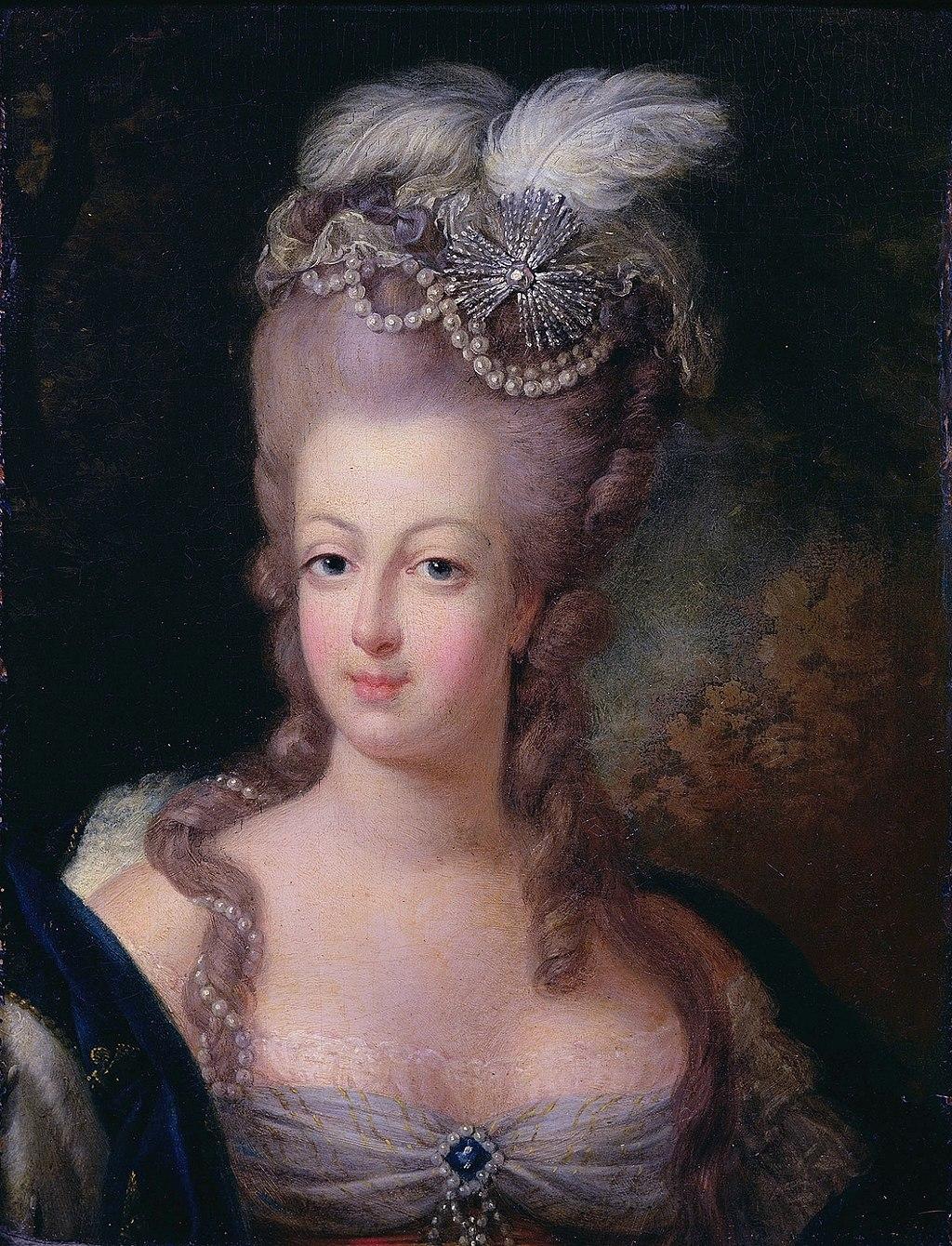
Marie Antoinette is reported to have said “let them eat cake” on hearing that the population had no access to bread at the beginning of the French Revolution, though there is no evidence for this.
The decline in opinion of Marie Antoinette and her husband King Louis XVI was a contributing factor to the French Revolution.
5. Napoleon Bonaparte (1769-1821)
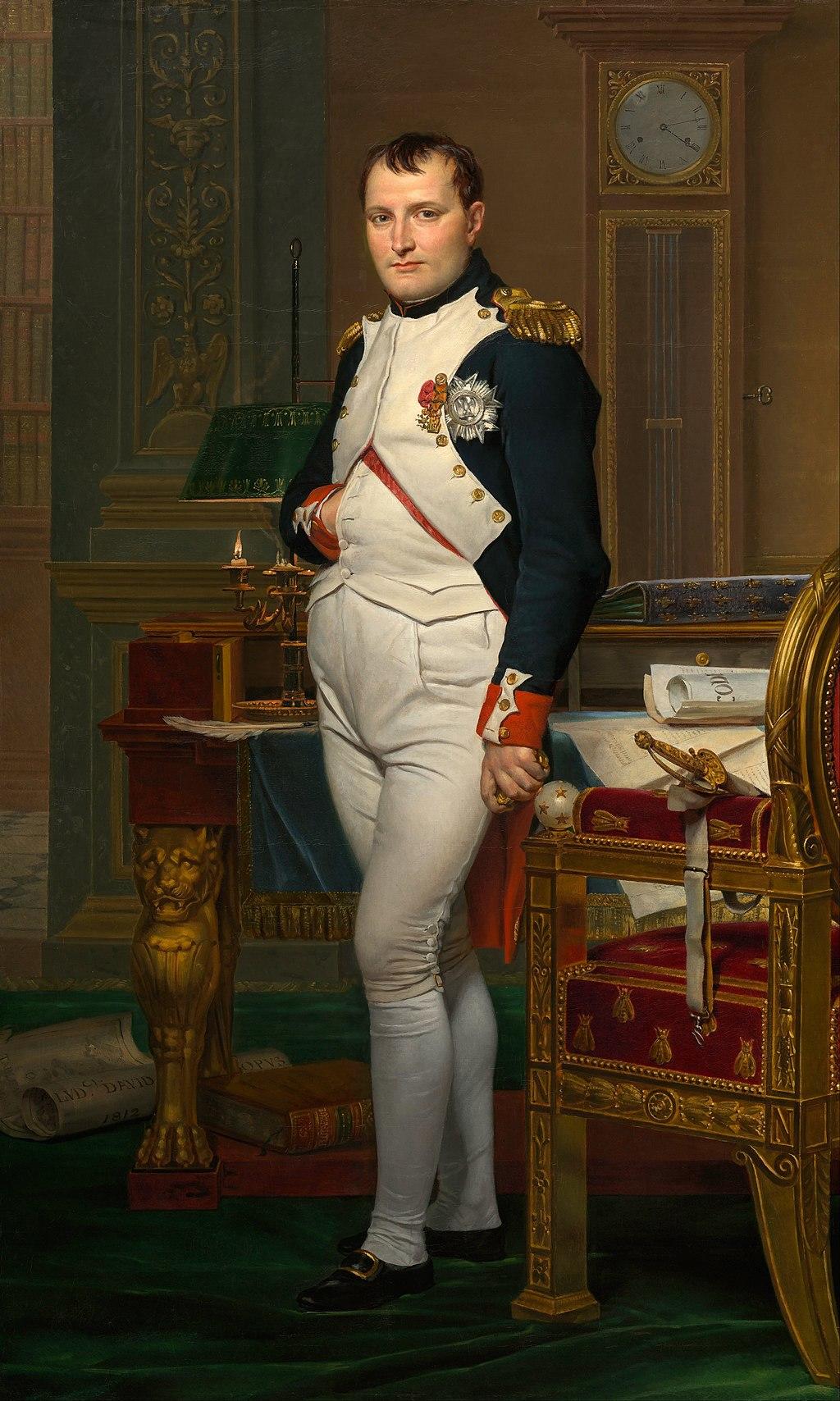
Eventually rising to the position of Emperor of France, Napoleon Bonaparte started out as a member of the French military during the Revolution.
One of the most famous parts of Napoleon’s legacy is the Napoleonic Code. This was a new legal code for France which was drafted to replace the complex pre-revolution system. The Napoleonic code detailed everything from the rights of individuals and families to property and the management of colonies.
Though unpopular with some, Napoleon’s new code was adopted by several other countries, including those in South America as a template for their own civil codes.
6. Victor Hugo (1802-1885)
Victor Hugo was a French writer famous for his poems, novels and plays. He is most famous for his novels The Hunchback of Notre Dame (1831) and Les Misérables (1862), both of which enjoyed a second round of fame when they were transformed into a film and opera respectively.
Hugo’s works are regarded as belonging to the Romantic era, a period in which artists focussed on the poetic side of art and using nature as a springboard for creating meaningful works.

The Hunchback of Notre Dame tells the story of a man who is mistreated by the people of the town for the way he looks. This was the first semi-political work which would be followed by many more.
Set in 1845, Les Misérables follows the life of a man who was imprisoned for stealing a loaf of bread to feed his niece during a period of hardship. This also contains many messages about the flaws of post-revolutionary French society.
Find French courses on Superprof.
7. Marie Curie (1867-1934)

Originally from Poland, Marie Curie was the first woman to be awarded the Nobel Prize and the first to win the award more than once.
Curie dedicated her life to researching radioactive materials and is credited with the discovery of radium and polonium, as well as coining the term ‘radioactive’.
Curie’s efforts in the fields of physics and chemistry didn’t stop at research. She also worked alongside the government to implement the use of portable x-ray machines on wounded soldiers on the battlefields of the First World War.
Curie paid the ultimate price for her services to science. Her exposure to radioactive materials meant that she died at age 66 from aplastic anaemia caused by radiation.
8. Alfred Dreyfus (1859-1935)
Alfred Dreyfus was a French artillery officer during the First World War who was convicted of treason in 1894 after being suspected of informing German forces on French artillery.
After being stripped of his title as an army officer in public, Dreyfus exclaimed that he was innocent and worthy of serving in the French military.
While Dreyfus was serving his sentence of life imprisonment in French Guiana, new evidence came to light that Dreyfus was, in fact, innocent, however, the new findings were covered up until the story was given to the press.
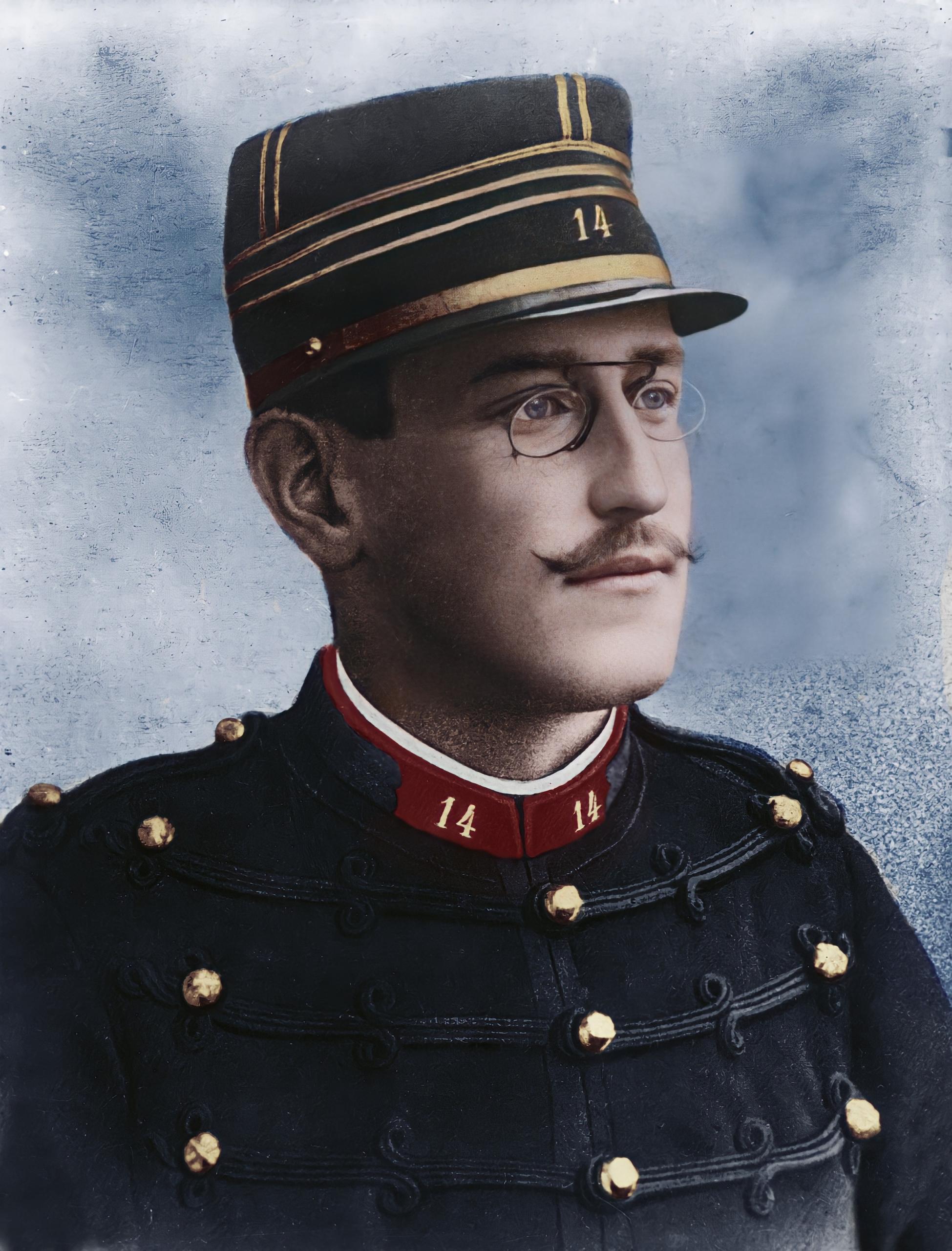
Dreyfus’ Jewish faith and the suspicion of anti-Semitism in the French military brought the debate around the religious freedom of French citizens into the public eye. The popular opinion that Dreyfus was innocent meant that he was given a retrial, however, he was found guilty.
With Dreyfus locked up once more, there was another public outcry which led to his release and pardon.
Dreyfus was reinstated as an army officer and given significant promotions.
French history is fascinating! I learned all about it in my French classes London...
9. Charles de Gaulle (1890-1970)
Charles de Gaulle started out as a military leader in the Second World War and later became the President of France. Throughout his military and political career, de Gaulle was at the centre of radical events and changes to the French government as well as the Algerian War of Independence in 1962.
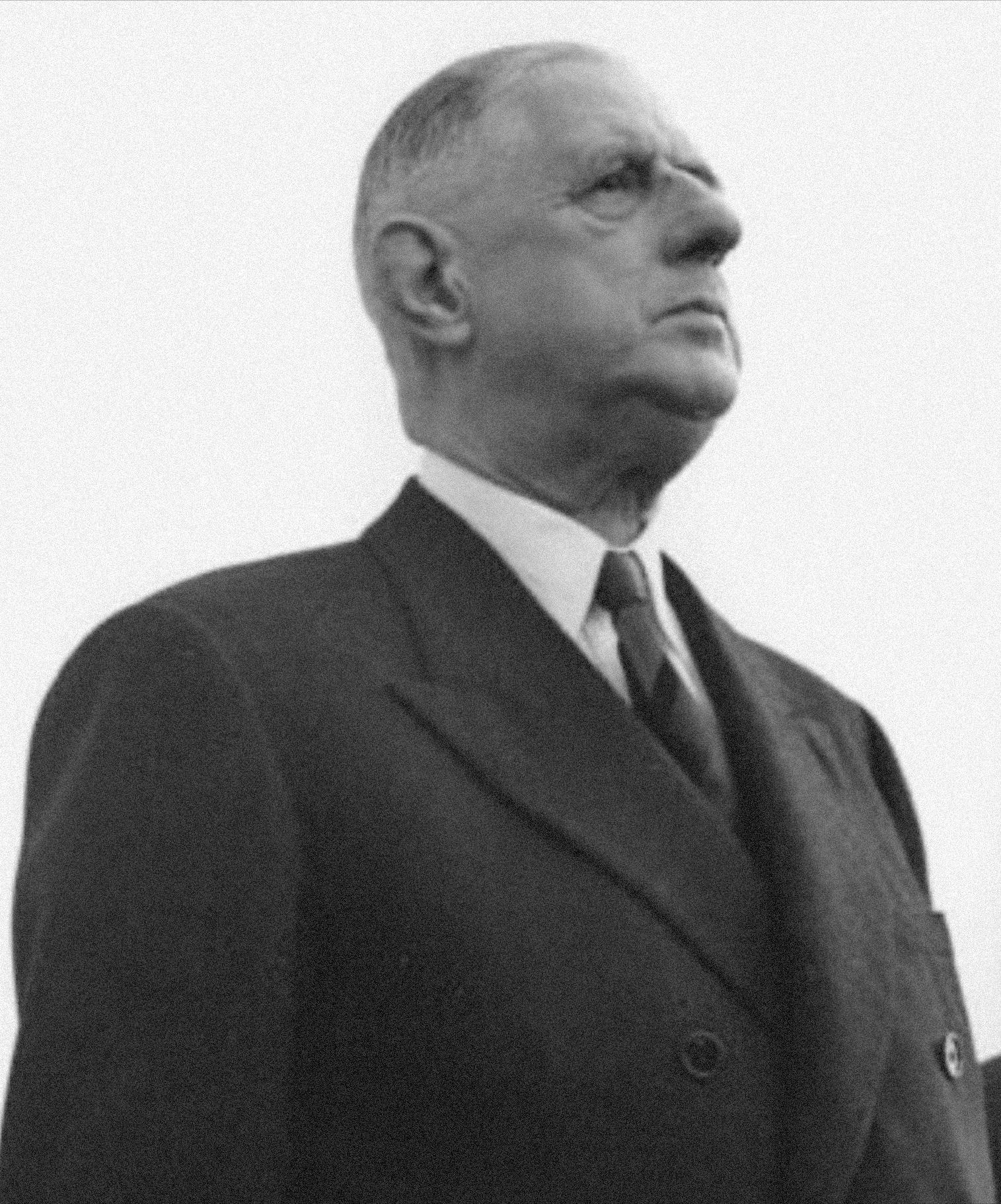
As a military officer, de Gaulle was critical of the French government’s approach to the threat of German invasion and fled to London once Paris had been seized, where he formed the French government in exile as leader of Free France in 1940.
Following the liberation of Paris in 1944, de Gaulle returned to Paris with a desire to form a new government, however, when this failed in 1953, he retired. But this was not the end of de Gaulle’s power.
He returned to govern France following the independence movement in Algeria (a French colony at the time) in 1958 and was president of France until 1969.
Find French classes near me on Superprof.
10. Jean Paul Sartre (1905-1980)
Jean-Paul Sartre was a philosopher and anticolonialist famous for his work on the theory of existentialism.
Sartre published a host of plays, essays and political works. The most famous of these include the play No Exit (1944), an existentialist play in which all of the characters are trapped in a room together with no escape.

Sartre famously refused the Nobel Prize for Literature in 1964, stating that a writer should not allow themselves to be turned into an institution.

11. Claude Monet (1840-1926)
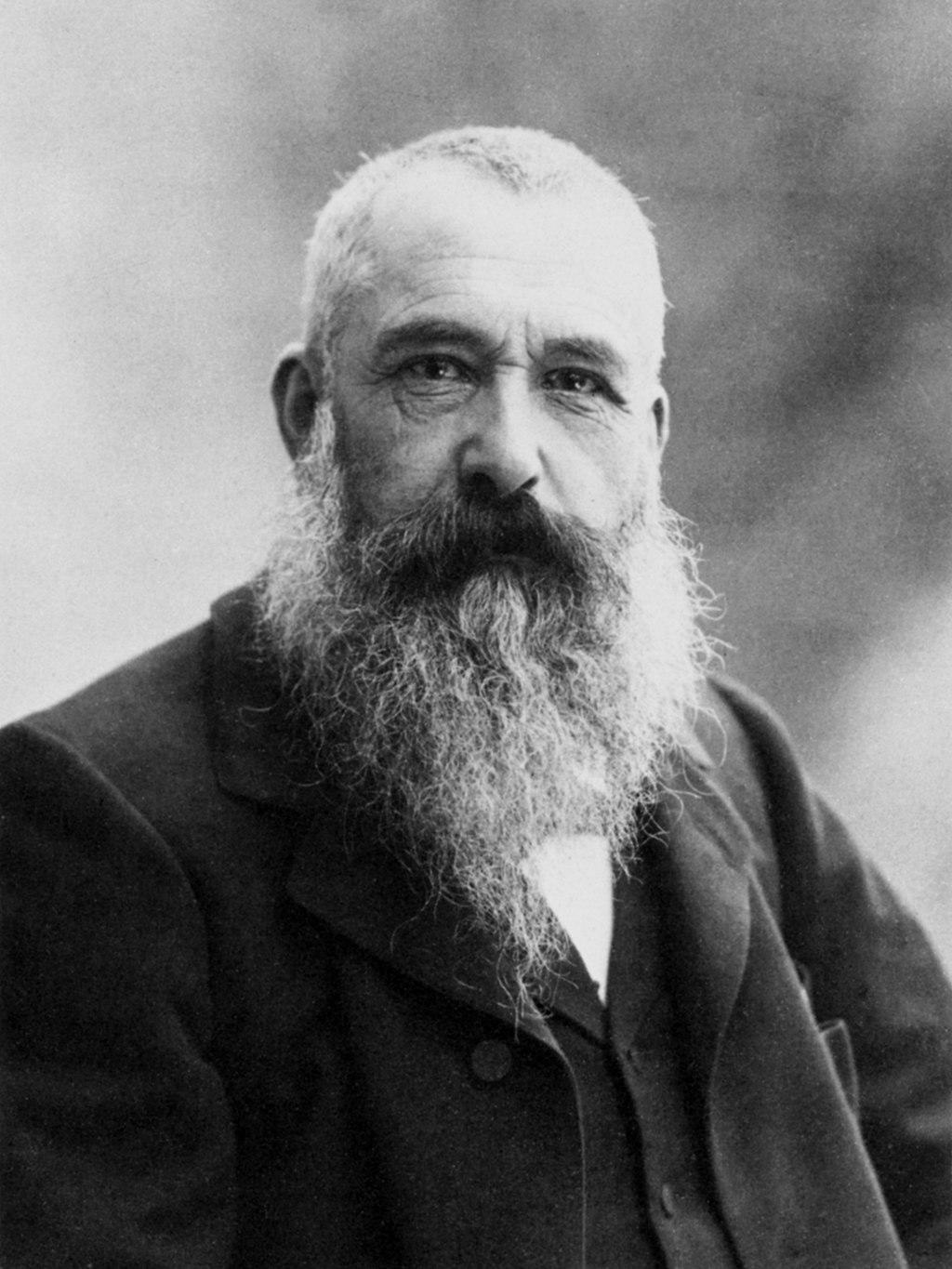
Claude Monet was a French artist and the founder of French impressionist painting.
He spent many years documenting the French countryside and developed his own way of painting that led to him becoming one of the most famous French artists. Even now, in the 21st century, Monet's works remain a popular attraction in art galleries across the world and many also have prints of his artworks up in their houses.
Some of his most famous subjects are water lilies and a bridge.
12. Gustave Eiffel (1832 - 1922)
Eiffel, a trained engineer, founded and developed a company that specialised in metal structural work, and which was responsible for constructing the Eiffel Tower, France's most famous landmark situated in the capital city of Paris.
His extraordinary career as a constructor is celebrated thanks to his work on the structure of the equally unforgettable Statue of Liberty, among other ingenious constructions across the world. His last and reigning moment was his work on the Eiffel Tower in 1889.
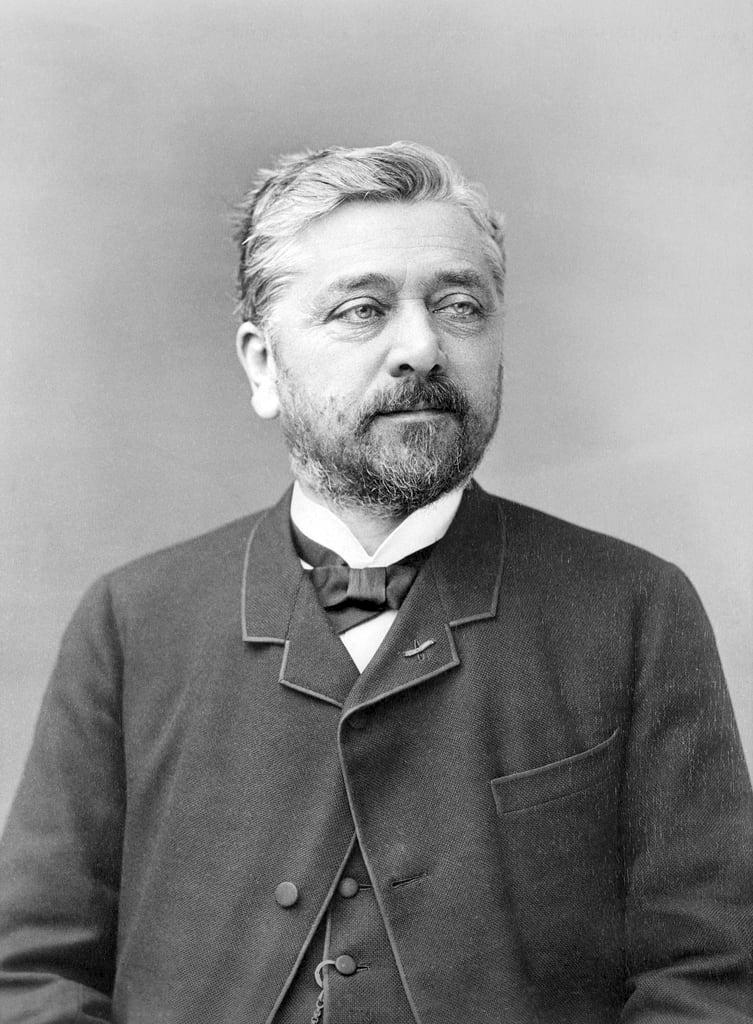
13. Claude Debussy (1862 - 1918)
Claude Debussy was a French composer whose name and music still resonate today. The composer developed a unique system of harmony and musical structure and inspired many other musicians.
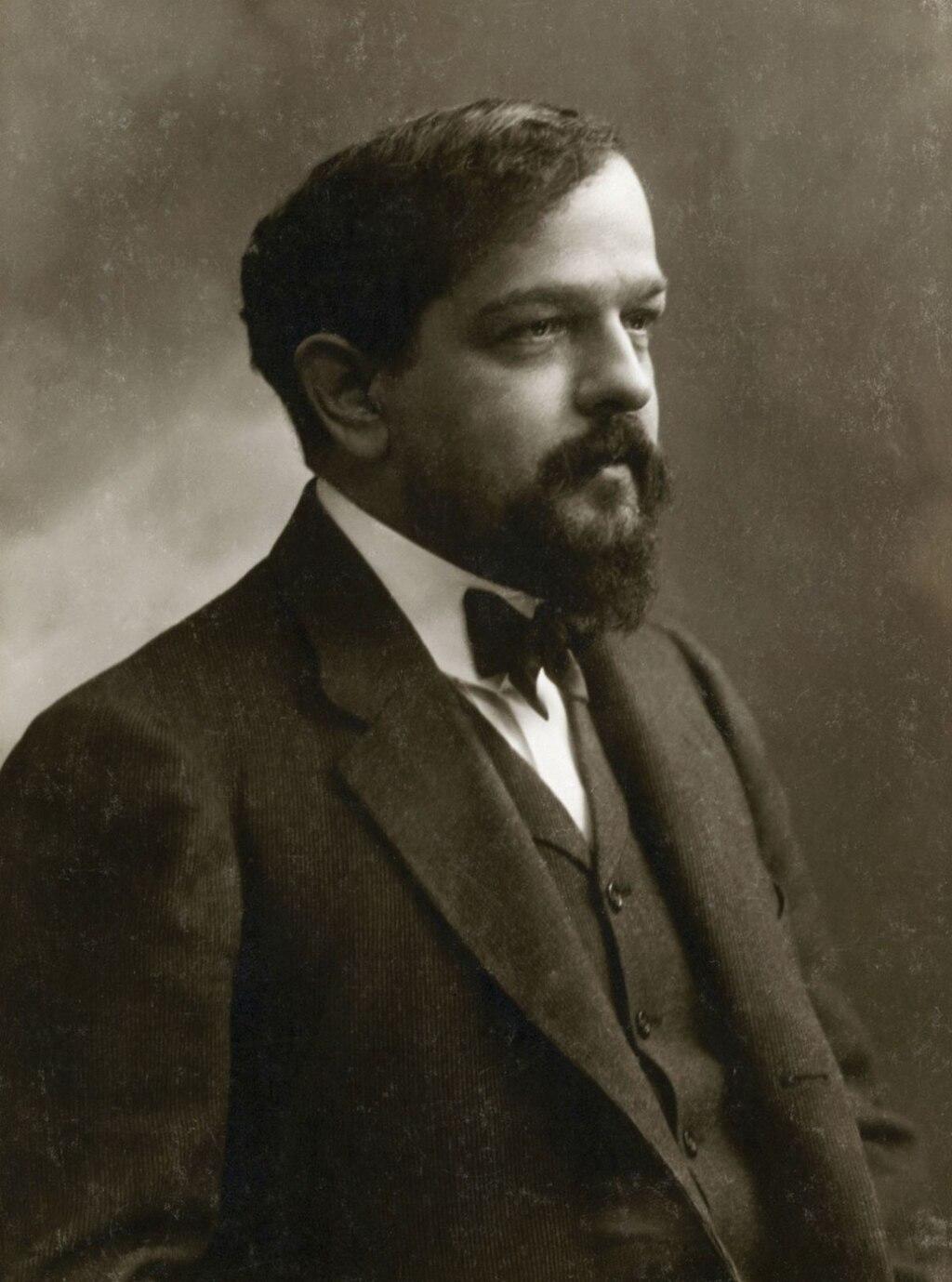
Debussy's major works include the wonderful Clair de lune (“Moonlight,” in Suite bergamasque, 1890–1905), Prélude à l’après-midi d’un faune (1894; Prelude to the Afternoon of a Faun), the opera Pelléas et Mélisande (1902), and La Mer (1905; “The Sea”). However, Debussy was responsible for many more classics.
You just have to listen to Classic FM to hear this great's name being spoken again and again!
14. Antoine de Saint-Exupery (1900-1944)
Antoine de Saint-Exupéry was a French aviator and author who became famous as he used to travel and document his exciting adventures as a pilot in his written works.
His literary endeavours culminated with the 1943 publication of The Little Prince, a classic in the eyes of many. For those who have been educated in France or who have studied the language in England as part of an advanced course, this book will be one of those stories that they never forget.
Through The Little Prince, Antoine de Saint-Exupéry's memory lives on forever.
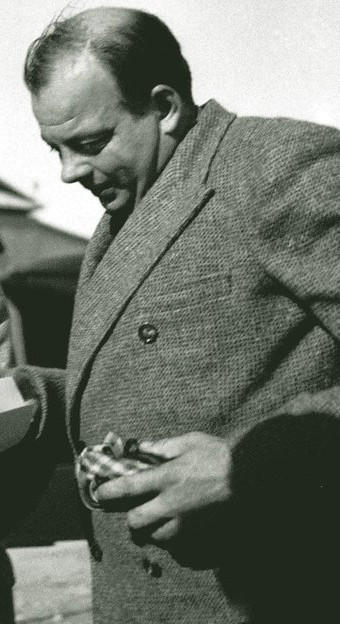
15. Coco Chanel (1883 – 1971)
Everyone has heard of Chanel, which is why we simply could not omit her from this list. She made such a mighty impact on the world of fashion throughout the years that her name has certainly gone down in history.
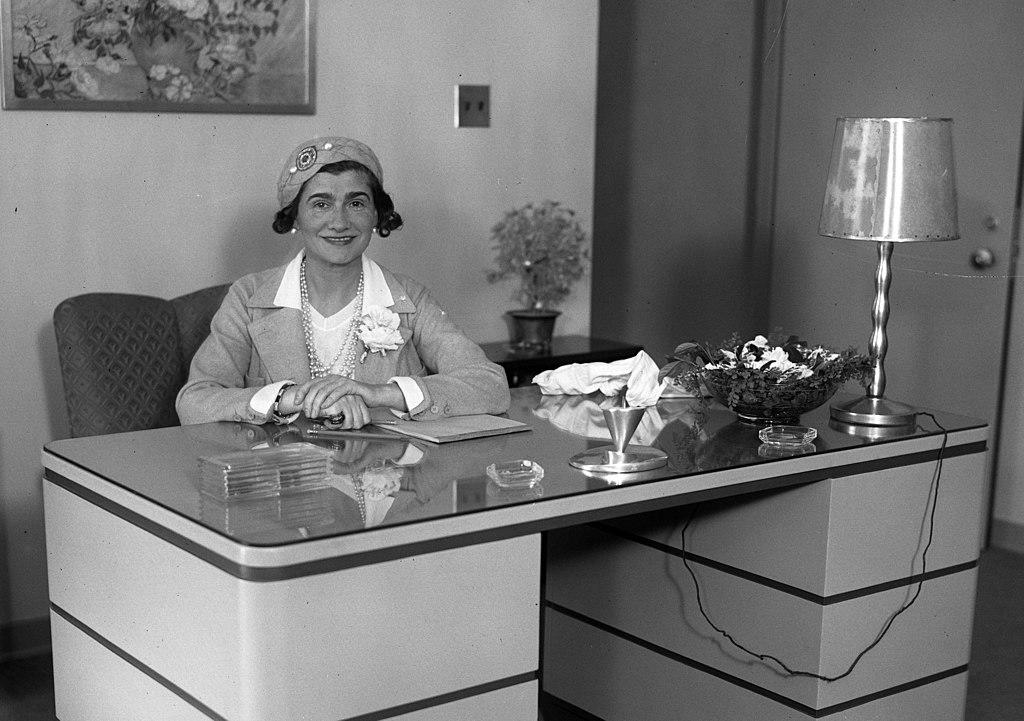
Fashion designer Coco Chanel became famous for her fashionable designs, including trademark suits and, of course, the LBD or little black dress.
If fame from her fashion endeavours wasn't enough, Chanel launched her perfume range in the 1920s and became an ambassador for producing attractive but comfortable clothing for women. She went on to become a huge style icon despite her simple yet sophisticated appearance. She would normally be seen wearing a string of pearls.
16. Simone de Beauvoir
Simone de Beauvoir was a pioneering philosopher and feminist whose work left an indelible mark on gender studies and existentialism. Her seminal book, The Second Sex (1949), challenged the societal norms of the time and laid the foundation for modern feminist thought.
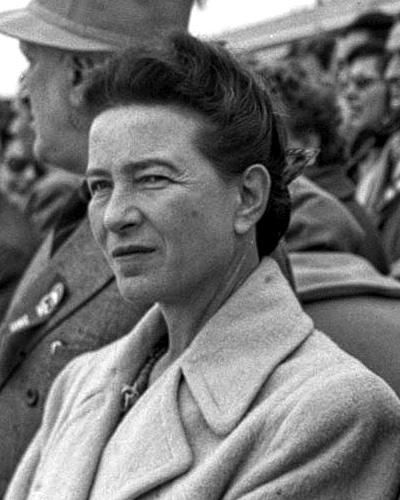
Through her critical analysis of women's roles and experiences, de Beauvoir not only questioned the status quo but also inspired generations to pursue gender equality and liberation.
17. Georges Clemenceau
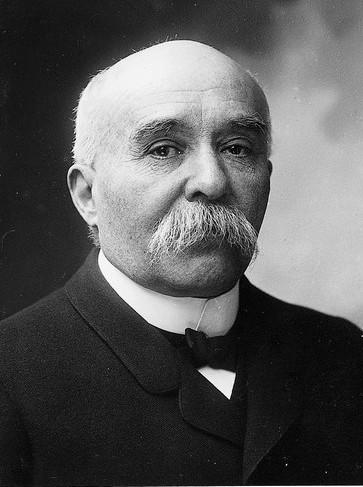
Known as "The Tiger" for his relentless and decisive leadership, Georges Clemenceau played a crucial role in guiding France through World War I. Serving as Prime Minister, he was instrumental in rallying the French nation and negotiating the Treaty of Versailles, which formally ended the war. Clemenceau’s determined stance and political acumen solidified his legacy as a key architect of post-war peace and a formidable figure in French history.
18. Louis Pasteur
Louis Pasteur, a name synonymous with groundbreaking scientific discoveries, revolutionized the fields of microbiology and medicine. His development of pasteurization—a process to kill harmful bacteria in liquids—along with vaccines for rabies and anthrax, dramatically improved public health.
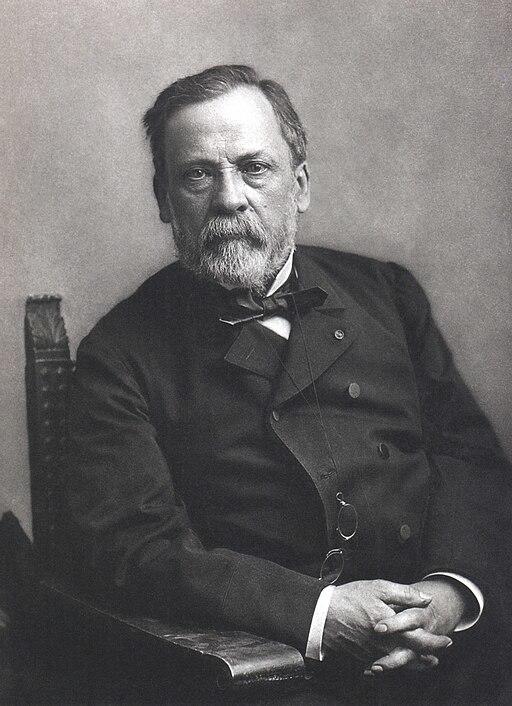
Pasteur's work not only advanced scientific understanding but also laid the groundwork for modern germ theory, saving countless lives and transforming medical practices.
19. Simone Veil
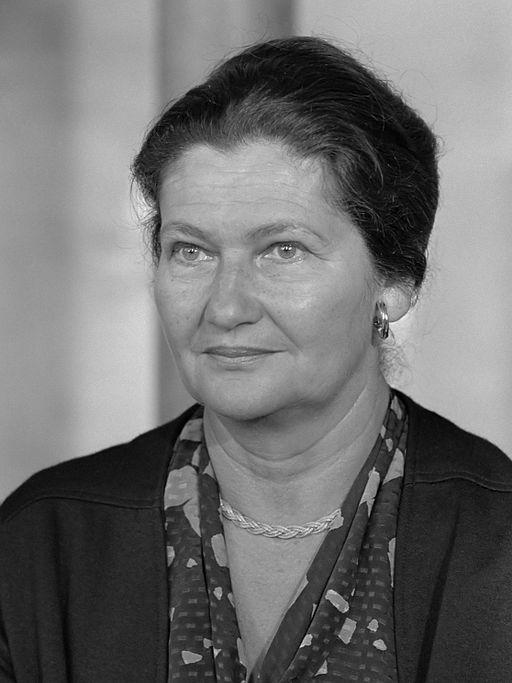
Simone Veil was a remarkable figure in French politics and law, known for her advocacy of women's rights and her role in advancing social reforms. As Minister of Health, she championed the landmark law that legalized abortion in France in 1975, a significant milestone in women's reproductive rights.
Veil’s courage and commitment to justice also led her to become the first female President of the European Parliament, where she worked tirelessly to promote European unity and human rights. Her legacy endures through her profound contributions to social progress and equality.
20. Françoise Barré-Sinoussi
Françoise Barré-Sinoussi is a distinguished virologist whose groundbreaking research on HIV has had a profound impact on the fight against AIDS. In 1983, she co-discovered the HIV virus, a discovery that was crucial for developing diagnostic tests and treatments.
Her contributions were recognized with the Nobel Prize in Physiology or Medicine in 2008, highlighting her pivotal role in advancing our understanding of viral infections and improving global health outcomes.
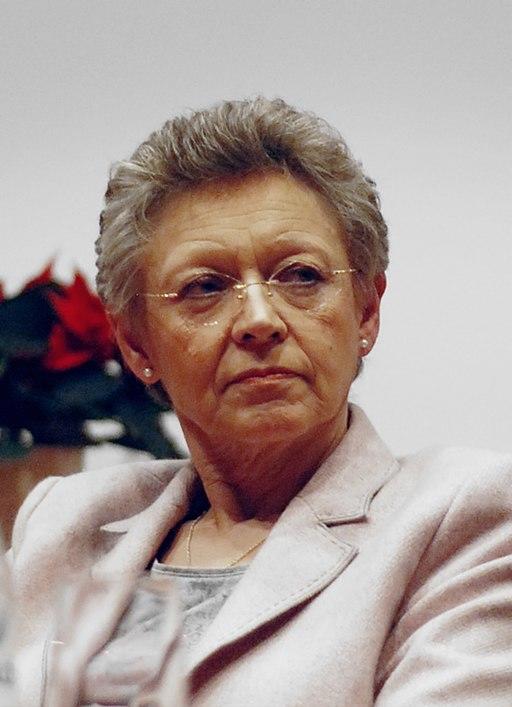
Other Famous French People Through History
There are of course a lot of people (like the famous actress Brigitte Bardot, politicians Francois Hollande and Jacques Chirac, and Pierre the famous French fighter pilot, as just some examples) who we like, love or loathe but couldn't include in this list of famous French figures at this time. Here are a few other noteworthy names:
| Name | Lifetime | Contribution/Field |
|---|---|---|
| Charlemagne | 742-814 | He was the Emperor of the Carolingian Empire, uniting much of Western Europe during the early Middle Ages and laying the foundations for modern France and Germany. |
| Joan of Arc | 1412-1431 | She was a national heroine and military leader who, claiming divine guidance, led the French army to several important victories during the Hundred Years' War. |
| Louis XIV | 1638-1715 | He was the King of France, known as the Sun King, who centralized power and presided over a golden age of art and literature. |
| Voltaire | 1694-1778 | He was a writer and philosopher during the Enlightenment, famous for his wit, advocacy of civil liberties, and criticism of the Catholic Church. |
| Marie Antoinette | 1755-1793 | She was the Queen of France, known for her extravagant lifestyle, who was executed during the French Revolution. |
| Napoleon Bonaparte | 1769-1821 | He was a military leader who rose to prominence during the French Revolution and led several successful campaigns during the Napoleonic Wars, eventually becoming Emperor of the French. |
| Victor Hugo | 1802-1885 | He was a renowned poet, novelist, and dramatist, best known for his works 'Les Misérables' and 'The Hunchback of Notre-Dame'. |
| Louis Pasteur | 1822-1895 | He was a pioneering chemist and microbiologist who created the first vaccines for rabies and anthrax, and developed the process of pasteurization. |
| Claude Monet | 1840-1926 | He was the founder of French Impressionist painting, known for his landscape paintings that captured the changing qualities of light and color. |
| Charles de Gaulle | 1890-1970 | He was a military leader who led the Free French Forces during World War II and later founded the French Fifth Republic, serving as its first President. |
| Edith Piaf | 1915-1963 | She was a famous singer known for her powerful voice and emotive performances, becoming a cultural icon in France. |
| Simone de Beauvoir | 1908-1986 | She was a prominent writer and existentialist philosopher, known for her works on feminism, existentialism, and her relationship with Jean-Paul Sartre. |
| Brigitte Bardot | 1934-present | She was an actress, singer, and animal rights activist, known for her beauty and controversial personal life. |
| Jacques Chirac | 1932-2019 | He was a politician who served as the President of France from 1995 to 2007, known for his policies on social issues and opposition to the Iraq War. |
You may even have your own favourite French person - an actor, an author, a philosopher, a football player or a food expert/chef - who you feel has made a real impact on French society. If so, tell us in the comments as we would love to make their acquaintance and reference them!
If this article was helpful, why not check out another one on important historical events in France?
Summarise with AI:

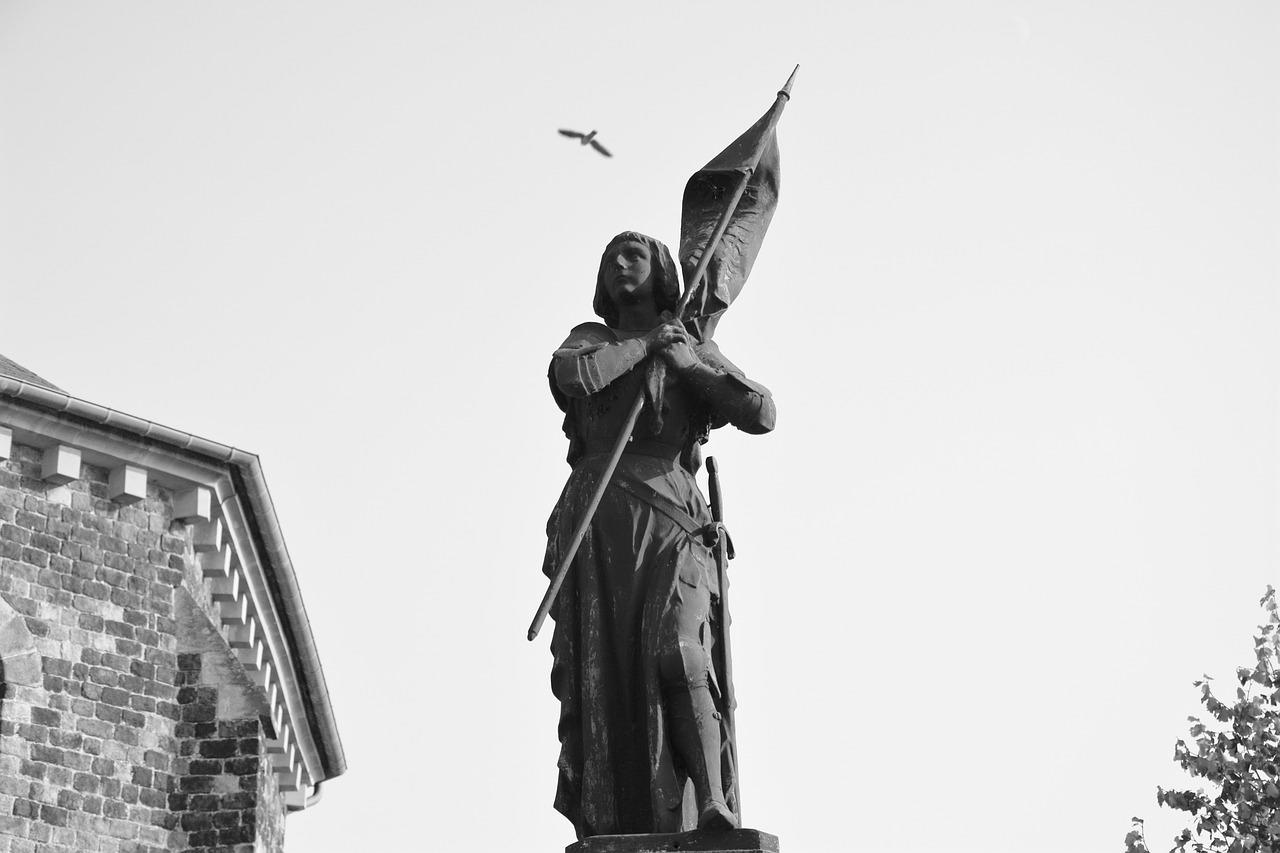

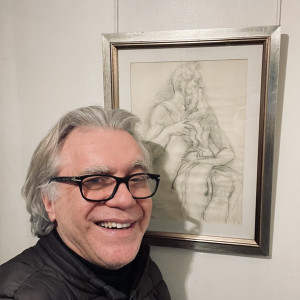





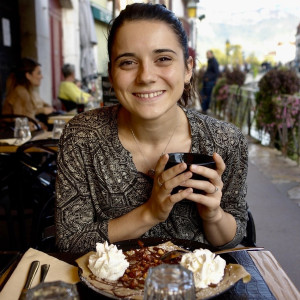






I’d like to learn more about Coco Chanel
more facs Coco Chanel